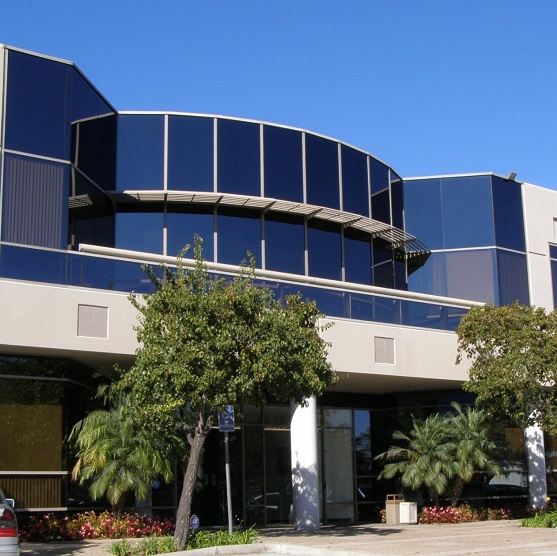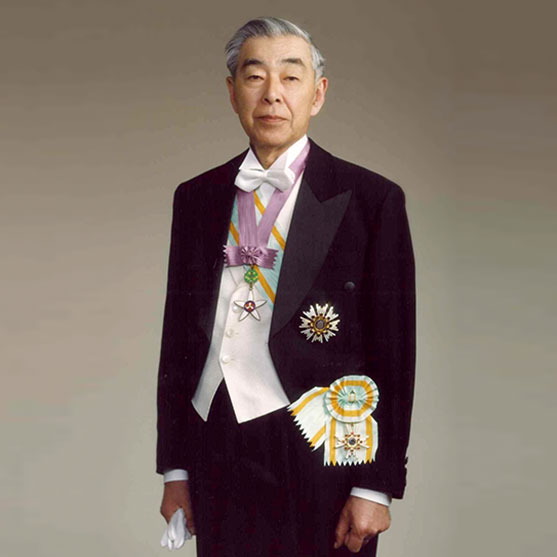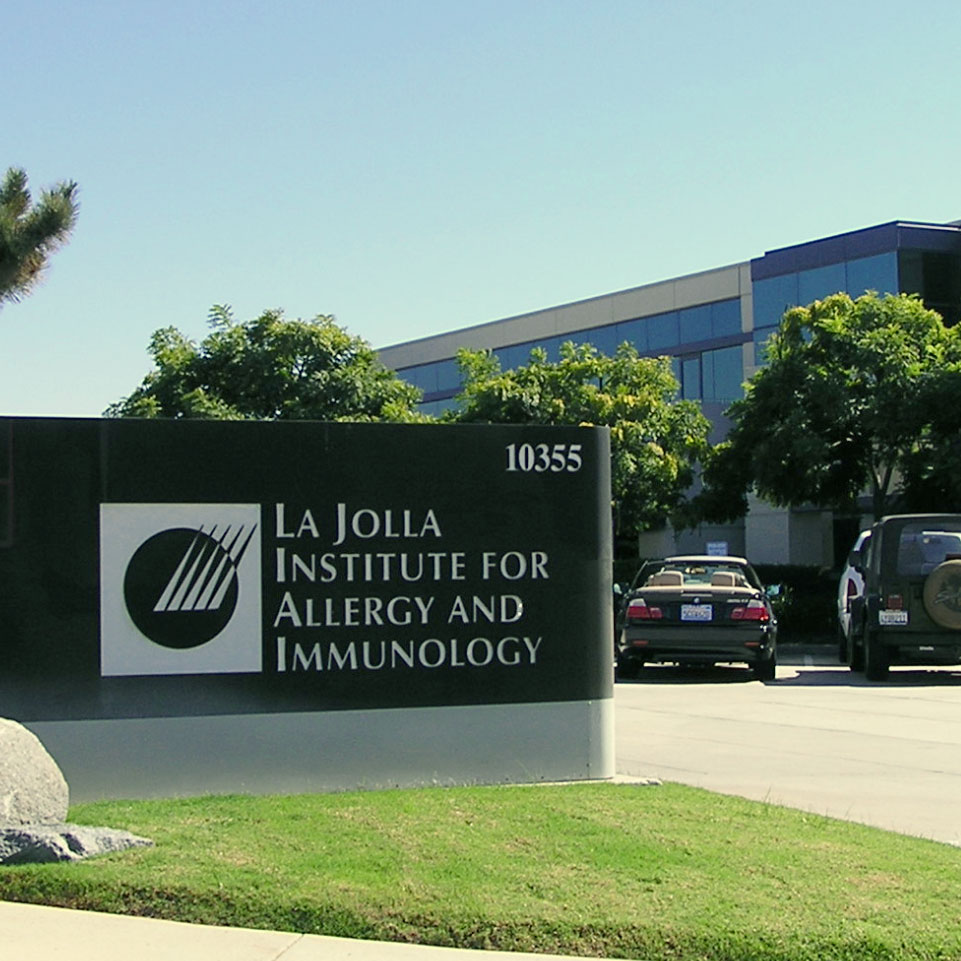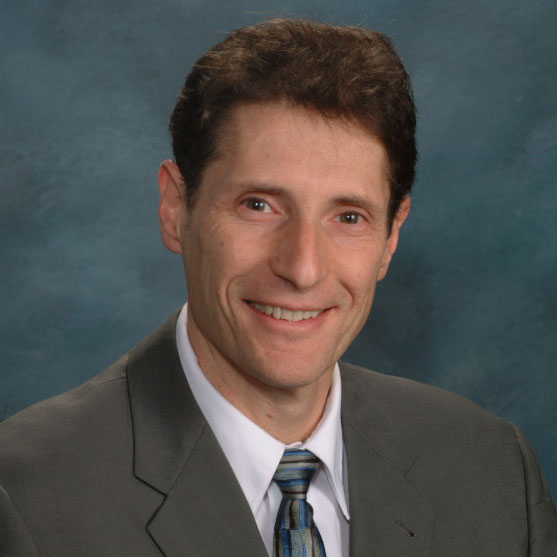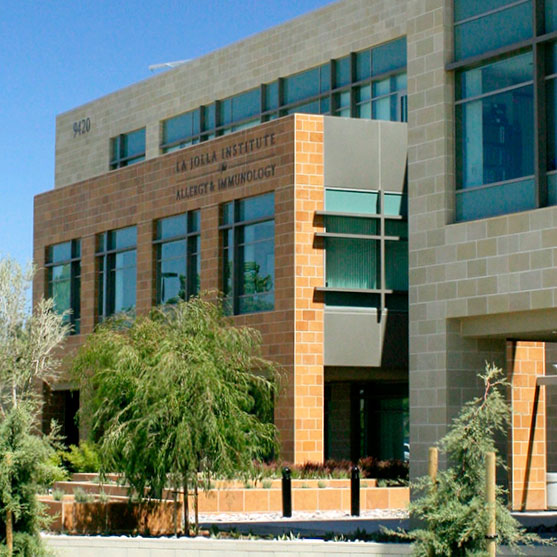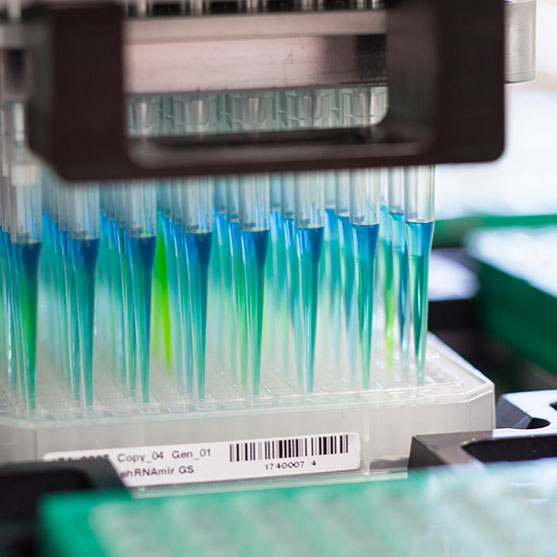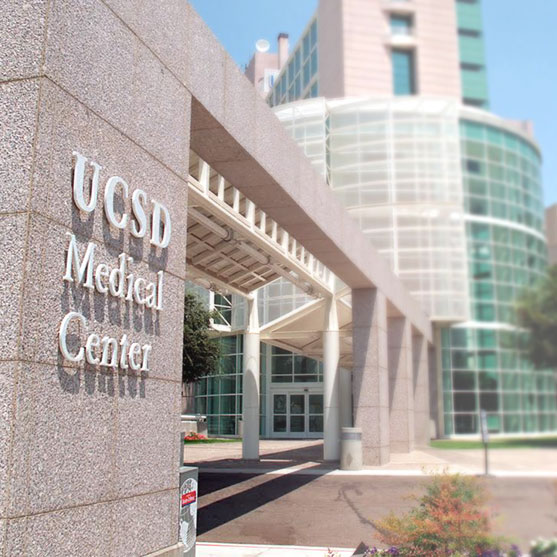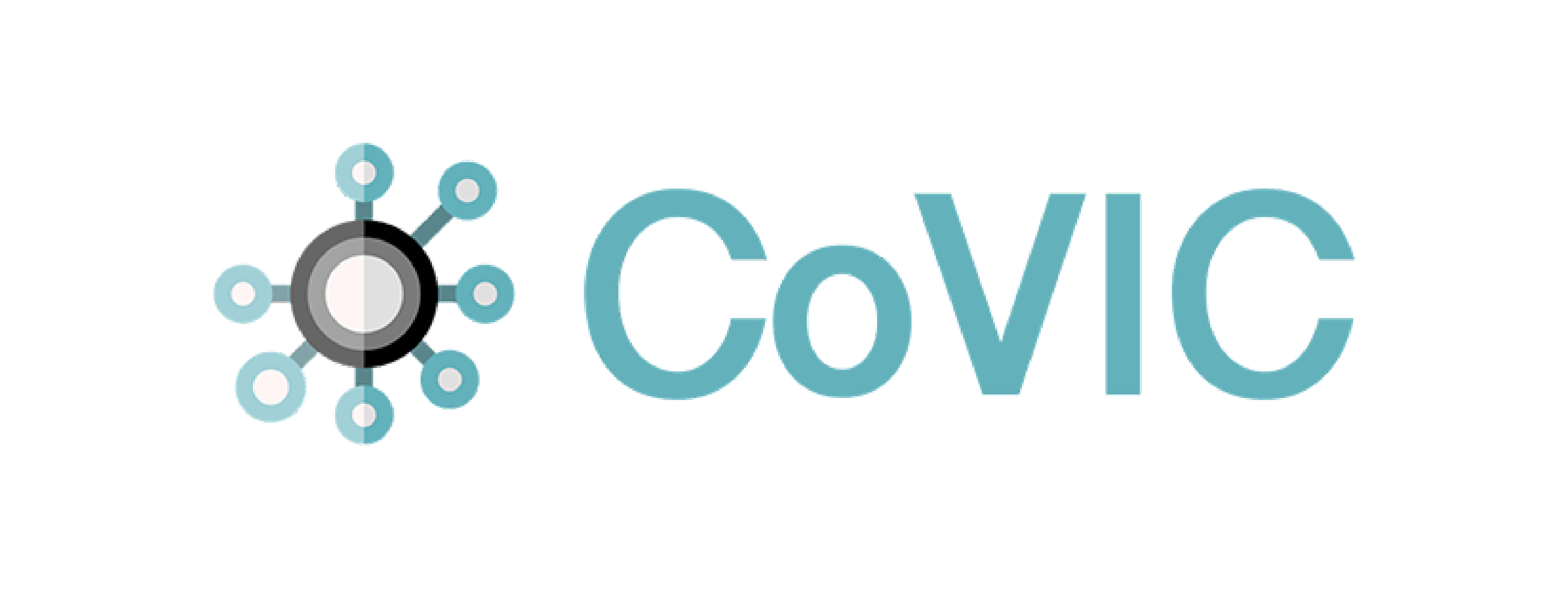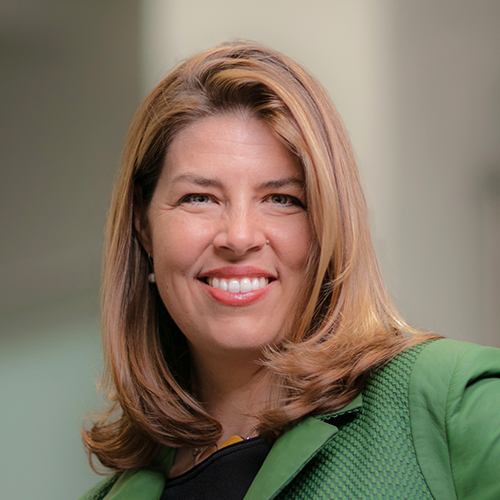History
La Jolla Institute for Immunology (LJI) was established in 1988 by a coalition of leaders from academia and industry, including Dr. Makoto Nonaka, the Institute’s founding president, and Dr. Kimishige Ishizaka, the Institute’s first scientific director. These leaders envisioned a unique and dynamic partnership between basic science and applied research, one that would lead to breakthroughs in the understanding of the immune system and improve human health through the development of treatments and cures for immune system disorders.
Local Ties
LJI was formed with strong ties to major academic and medical centers, including UC San Diego (UCSD) and Scripps Research. LJI’s first board of directors included Dr. Gerard Burrow, past dean of UCSD’s School of Medicine. He fostered a close relationship between LJI and UCSD Medical Center that provided for joint research activities, consultation and training in the fields of allergy and immunology. The informal relationship built on shared research interests and successful scientific collaboration was formalized in 2015, when LJI entered an official affiliation agreement with UC San Diego Health System and the UC San Diego School of Medicine.
Peter Preuss, LJI’s founding chairman of the board of directors, also has strong ties to UCSD and currently serves on the University of California’s board of regents. Dr. Frank Dixon, who was recruited to Scripps Research in 1961 and became its first director, was a founding board member of LJI and served as chairman of the Institute’s board of directors for 14 out of his 16 years on the board.
Work environment
When Drs. Kimi and Terry Ishizaka helped found the Institute in the 1980’s, they created a standard of scientific excellence, as well as an environment where warmth and respect existed among colleagues. That legacy continues at LJI to this day, and it fosters a highly innovative and collaborative research environment in which the Institute takes great pride.
LJI was recently ranked among the top five molecular biology and genetics research institutions in the world. The Institute currently has over 450 employees, more than half of whom have doctoral (Ph.D. or M.D.) degrees.
